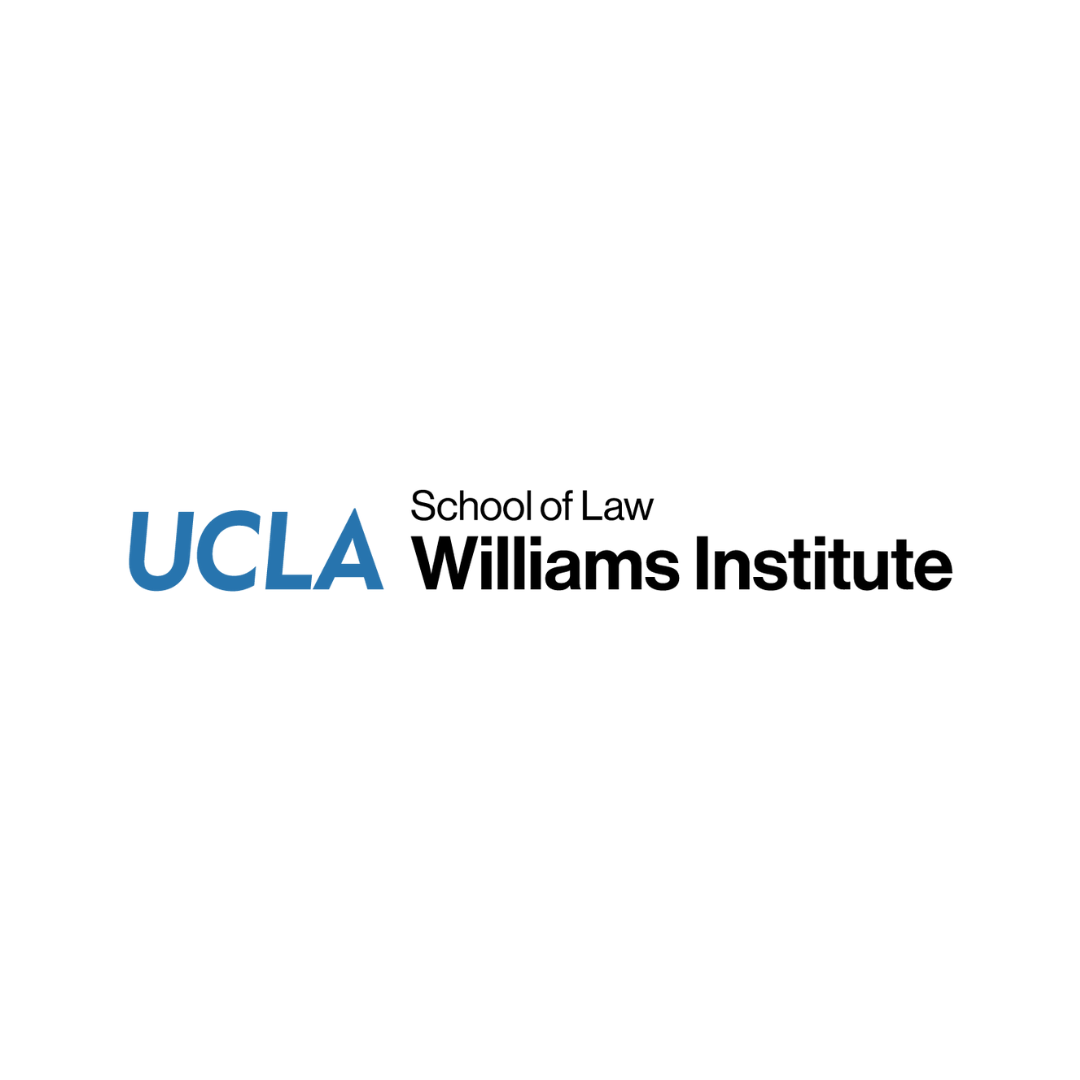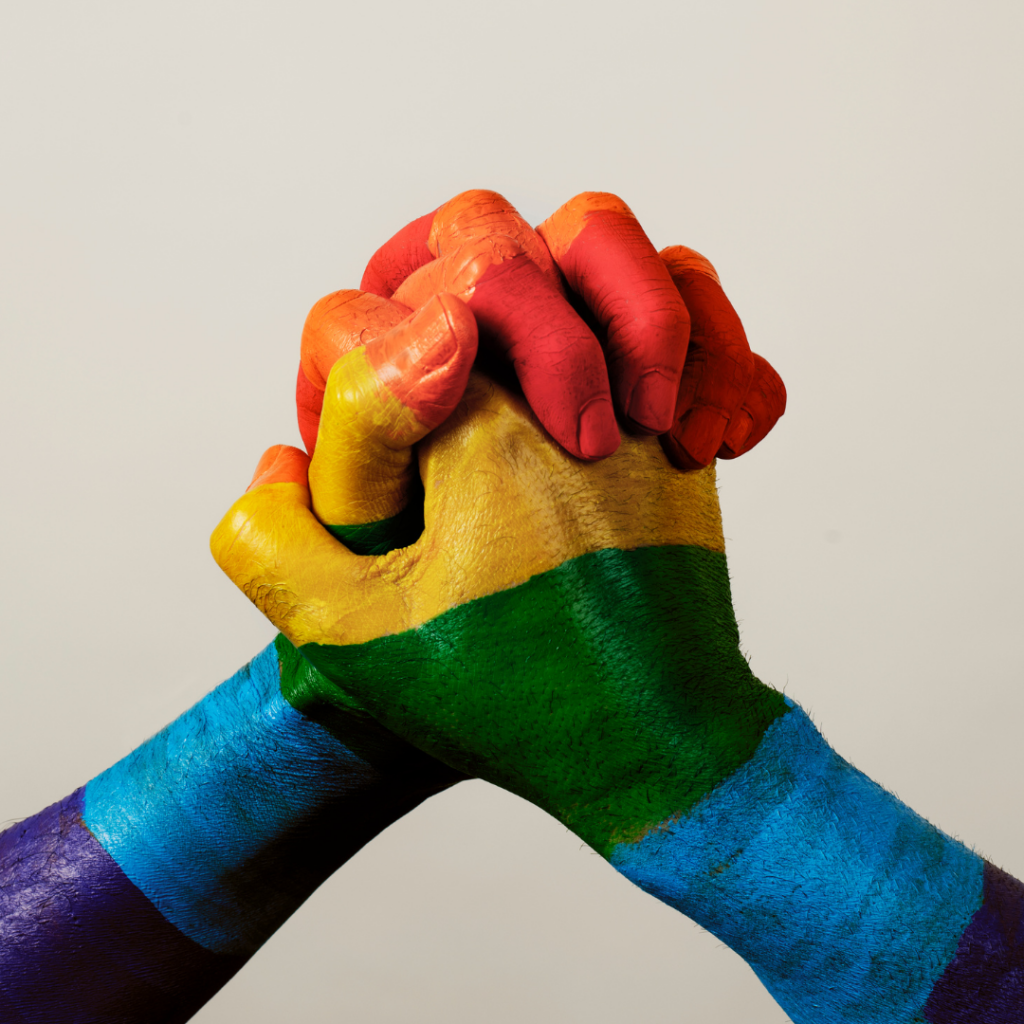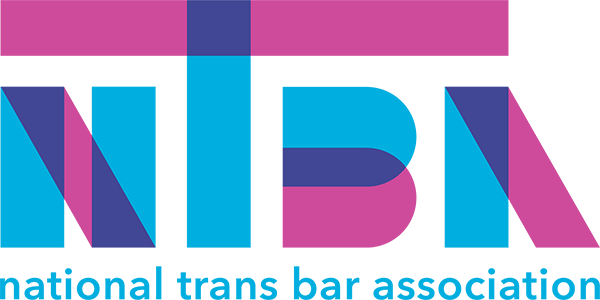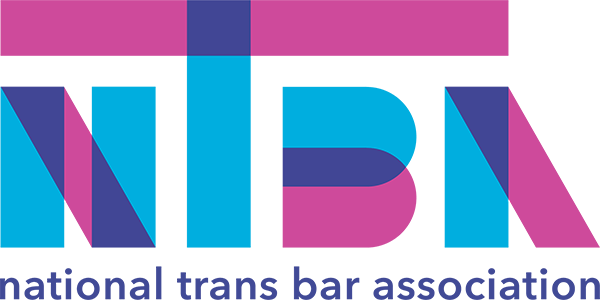July Reports from The Williams Institute

The Williams Institute produces multidisciplinary research on a broad range of topics, providing a foundation for laws and policies that shape the lives of LGBT people. This July, the Institute unveiled two pivotal reports: LGBTQ Parenting in the US and Pathways to LGBTI Protection.
LGBTQ Parenting in the US
This report delves into the parenting rates and sociodemographic characteristics of LGBTQ parents in the United States, focusing on those with children under 18 living in their homes. Key findings reveal that 18% (2.57 million) of LGBTQ adults are parents, with higher rates among cisgender women (26%) and transgender men (20%) compared to cisgender men (8%) and transgender women (12%). The study highlights that cisgender bisexual women, lesbian women, and bisexual men are the largest subgroups among LGBTQ parents.
Economic disparities are also noted, with LGBTQ parents more likely to live in poverty (33%) compared to non-parents and straight cisgender parents (21%). The report emphasizes differences in marital status and family structures, such as higher rates of single parenthood among cisgender bisexual and lesbian women. Approximately 35% of married LGBTQ adults and 14% of same-sex couples are raising children, accounting for about 5 million children.
The findings underscore the importance of policies that address the unique challenges faced by LGBTQ parents, including parental rights and access to reproductive services. The report calls for accurate data collection to better understand and support the diverse family structures within the LGBTQ community.

Pathways to LGBTI Protection
The report examines how countries progress towards greater legal inclusion of LGBTI people using data from the LGBTI Global Acceptance Index and expanded Legal Environment Indices. It highlights that social acceptance and legal inclusion of LGBTI individuals vary significantly worldwide. Social acceptance is strongly linked to legal inclusion and serves as a crucial precondition for legal reforms. Countries with higher acceptance of LGBTI people tend to be more democratic and economically prosperous. The report outlines that effective strategies should simultaneously promote public support for LGBTI rights and pursue legal changes.
Key findings reveal that legal protections for sexual orientation often begin with decriminalization, followed by employment and broader nondiscrimination protections. Protections for gender identity and expression typically start with legal gender recognition processes and healthcare protections, progressing to broader nondiscrimination laws. There has been substantial progress in legal inclusion since 1990, with a decrease in the number of least inclusive countries. The likelihood of adopting gender identity and expression protections increases significantly if a country decriminalizes homosexuality or has full sexual orientation protections. The report emphasizes safeguarding legal gains and calls for further research into the complex relationships between social acceptance, legal policies, and inclusive development.

